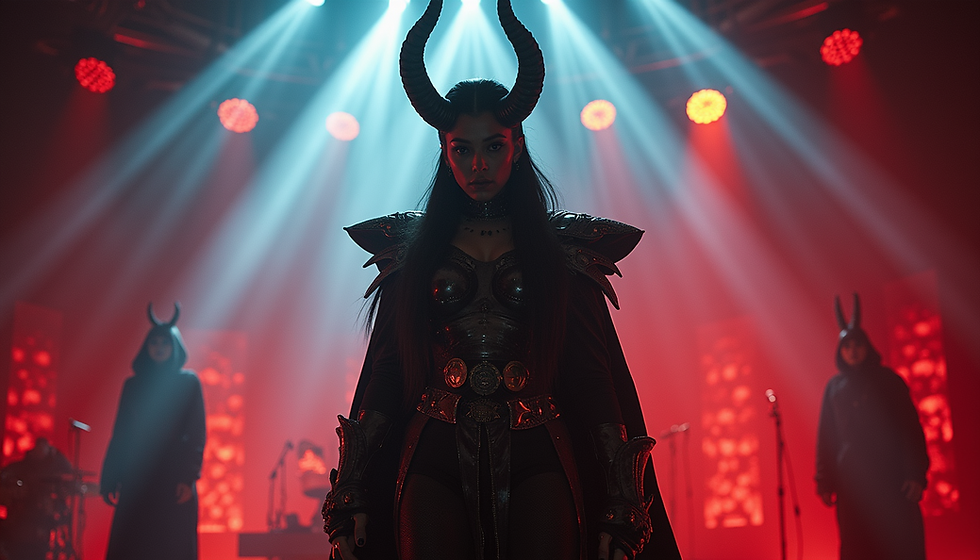Rocky Balboa
- Joseph Fanning
- Oct 3, 2025
- 2 min read
Rocky Balboa: The Symbol of Grit, Determination, and the Underdog Spirit
Few characters in cinematic history have had the lasting cultural impact of Rocky Balboa, the fictional boxer from Philadelphia who rose from obscurity to become a symbol of hope, perseverance, and the undying human spirit. Created and portrayed by Sylvester Stallone, Rocky first hit the big screen in 1976 and quickly became a beloved figure in American and global pop culture.
The Origin of Rocky | Rocky Balboa
The original Rocky film was a low-budget project written by Stallone himself. At the time, Stallone was an unknown actor struggling to make ends meet. Inspired by a real-life boxing match between Muhammad Ali and Chuck Wepner, Stallone penned a script in just a few days. He insisted on playing the lead role, even when offered large sums of money for the script alone.
When Rocky was released in 1976, it became an instant success—both critically and commercially. The film won three Academy Awards, including Best Picture, and was nominated for ten. Its success launched a franchise that has spanned over four decades.
The Underdog Champion
Rocky Balboa is introduced as a small-time boxer and loan collector from a working-class neighborhood in Philadelphia. He’s given a once-in-a-lifetime shot to fight the heavyweight champion, Apollo Creed. Despite the odds, Rocky goes the distance in the ring—an achievement in itself—and wins the respect of millions.
Each film in the series portrays Rocky facing increasingly difficult challenges: physical, emotional, and moral. From his rivalry and friendship with Apollo, to his battles against Clubber Lang and Ivan Drago, to his retirement and mentorship of the next generation in the Creed spin-offs, Rocky’s journey is as much about self-discovery as it is about boxing.
Themes and Legacy
The core themes of the Rocky series—resilience, self-belief, humility, and the will to fight for what matters—resonate with people from all walks of life. Rocky's story isn't just about boxing; it's about rising after you fall, continuing when you’re tired, and believing in yourself when no one else does.
Rocky also stands out because he never represents perfection. He’s flawed, often unsure of himself, and constantly learning. This authenticity makes him relatable and deeply human.
Cultural Impact | Rocky Balboa
The Rocky Steps at the Philadelphia Museum of Art have become a tourist attraction, with fans recreating the iconic training montage.
The character has been honored with a bronze statue, permanently installed near those steps.
Phrases like “It ain’t about how hard you hit...” have entered everyday language as motivational mantras.
The Creed spin-off series, starring Michael B. Jordan, continues Rocky’s legacy for a new generation.
Conclusion | Rocky Balboa
Rocky Balboa is more than a fictional character—he's a representation of the indomitable human spirit. His story is a reminder that greatness doesn’t always mean winning titles, but showing heart, staying humble, and never giving up. Whether you’re facing personal struggles, chasing dreams, or simply trying to get through the day, Rocky’s message is clear:
Joe watched Rocky as a kid and is a big fan. He's an orange belt in karate.










Comments